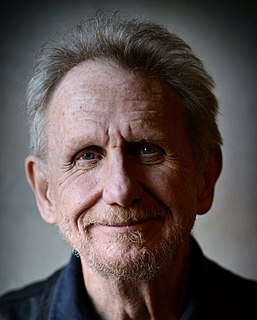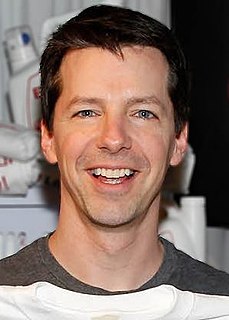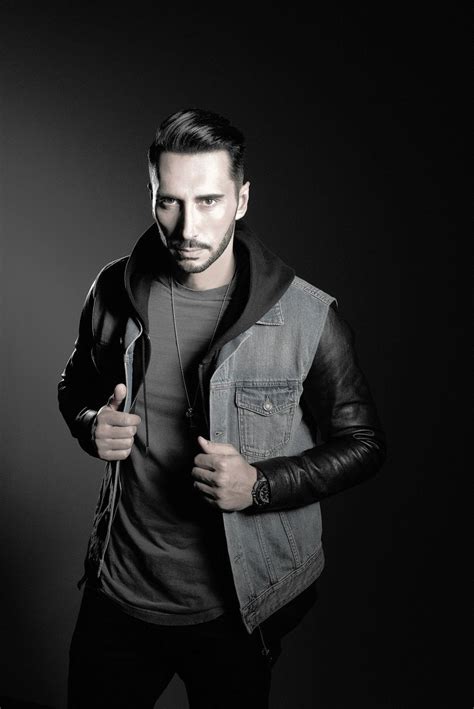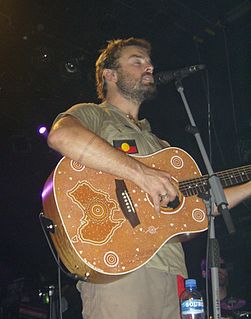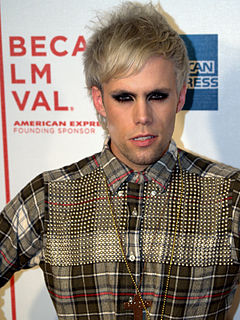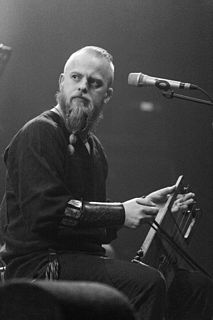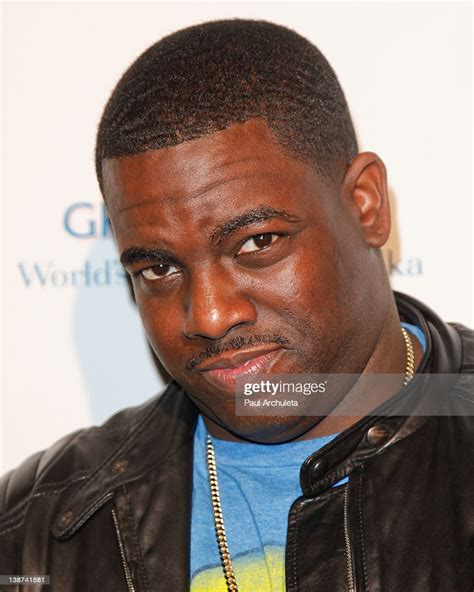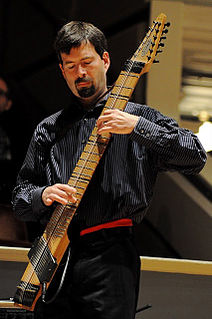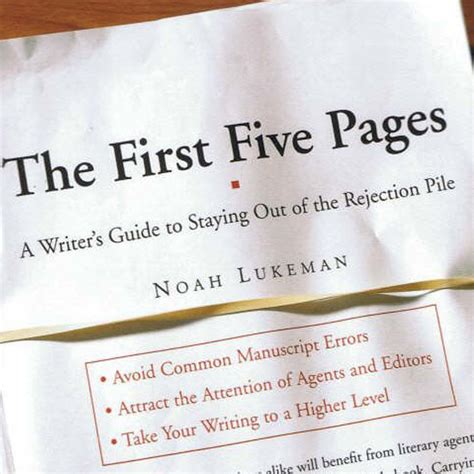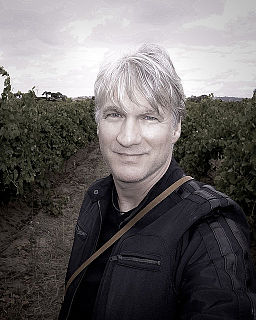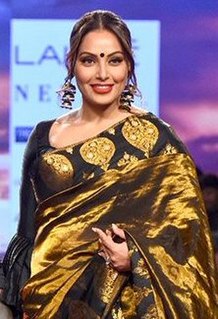A Quote by Rene Auberjonois
The writers and producers always have an idea, then they cast the role and the instrument starts to tell them how to play the music.
Related Quotes
Most producers today are little bedroom producers and then they get their record and get signed by an agency and go on the road, but they have no idea about DJ-ing. They have no culture about where that music comes from and they just stand behind the booth, put their hand in the air, and play all the hits.
My first instrument was my voice. I was always singing and writing melodies when I was a little kid. I just sort of taught myself whatever was around. If there were instruments around, I'd play them. I always liked the idea of not being shown but coming up with my own energetic connection to the instrument.
Learning to play old instruments was a challenge. How do you learn an instrument no one has played in hundreds of years? The ones that are used today, I was adamant not to hear anyone else play that instrument. I want to approach them as a child and on the basis of each instrument. I wanted my voice to come through, not someone else's.
Generally, that's what happens-a fundamental rotting of the idea. They woke up with the wrong idea. It's just like music: If you don't have an innate love or calling for it, then no matter how much you study or how well you can play by looking at the score, it doesn't mean that you're going to make really good music.
The first instrument I had was made in the late '70s. Back then they had basically one tuning. I shifted slightly away from that tuning right away (to what is now called the Baritone Melody Tuning), because I wanted more string overlap between the two sides.The instrument I currently play has an active pickup system, Fret Rails, a fully adjustible bridge, adjustible truss, Flaps adjustible nut. Even with all of these advances, I'm always struck when I play the older instrument how good they were even then. Emmett's always been great at implementing his ideas.
In order to even begin to learn how to play his instrument, it takes the guitarist weeks to build calluses on his fingertips; it takes the saxophonist months to strengthen his lip so that he might play his instrument for only a five-minute stretch; it can take the pianist years to develop dual hand and multiple finger coordination. Why do writers assume they can just “write” with no training whatsoever-and then expect, on their first attempt, to be published internationally? What makes them think they're so much inherently greater, need so much less training than any other artists?
Films with female protagonists don't attract many eyeballs. Most of them are perceived as feminist films. If Bollywood starts giving women major roles in entertaining movies, then the audience, too, will open up to the idea of watching commercial films in which the actresses do more than just play the role of the hero's love interest.
